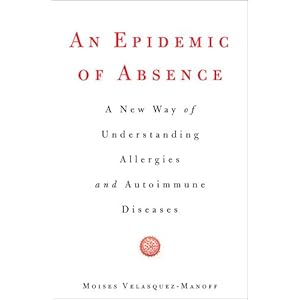According to the spring, 2013, issue of the Dieticians in Functional Medicine (DIFM) newsletter, autism and other developmental disorders can be influenced by inflammation from what we’re eating.
“In this land of plenty, the standard American diet (SAD) may be causally related to a child’s developmental disability. There is much in the literature that supports healing the body and using food as medicine. Literature has established the presence of gastrointestinal (GI) inflammation in many children diagnosed with autism spectrum disorders (ASD). This evidence persuasively suggests that GI inflammation may exacerbate ASD symptoms and, conversely, that dietary interventions can ameliorate GI inflammation in at least some children, improving overall outcomes.”
A 2006 study found that 70% of children on the autism spectrum (ASD) had GI issues including acid reflux, diarrhea, constipation, and malordorous stools. Another study, this one in 2002, found that autistic children put on gluten-free/casein-free diets for one year experienced increased social connectedness, improvement in transitions, and improved willingness to learn.
The Feingold Association has long studied the link between behavior and ADHD and additives like food dyes and colors (FD&D).
Food sensitivity testing can fine-tune an autistic child’s diet and take out the guesswork. You might discount the impact of what your kid is eating on how they are acting, but you won’t know until you radically change their diet just how much they are affected. Because food sensitivity reactions may manifest up to four days after exposure, it can be impossible to determine for yourself if foods are having any impact. When a person is in chronic inflammation, there is no way to make any meaningful connections between foods and behavior or thought processes. It’s only by reducing the overall inflammatory load very scientifically –with the help of a qualified nutrition professional– that these connections will become glaringly apparent.


